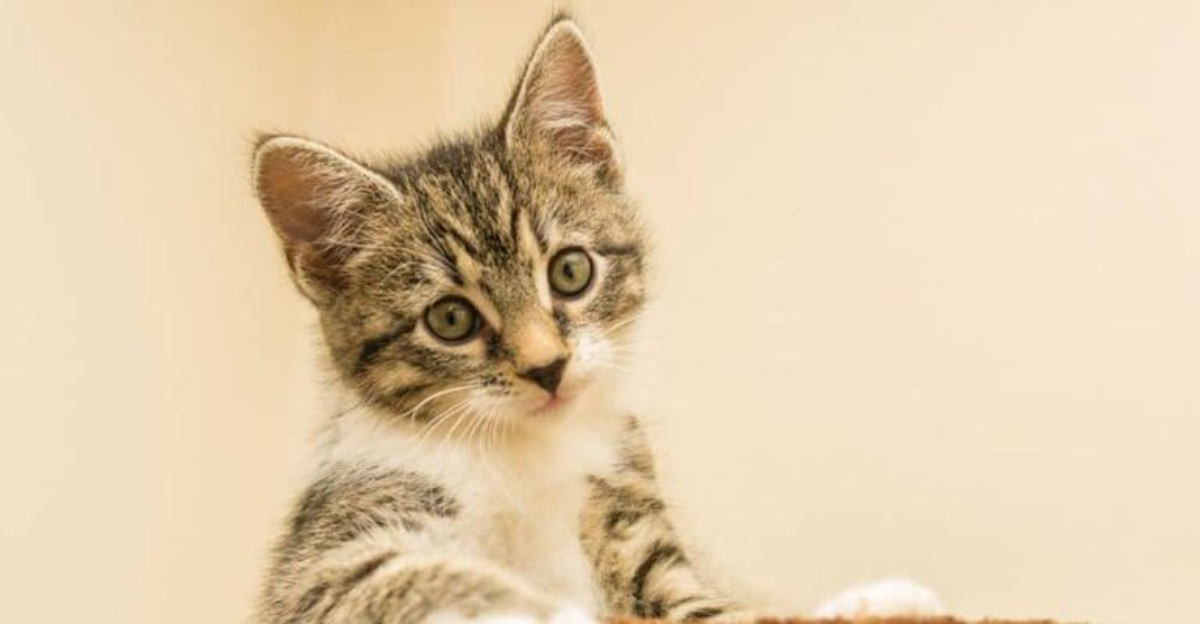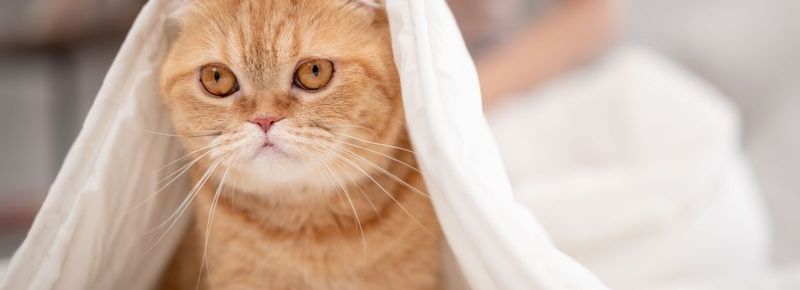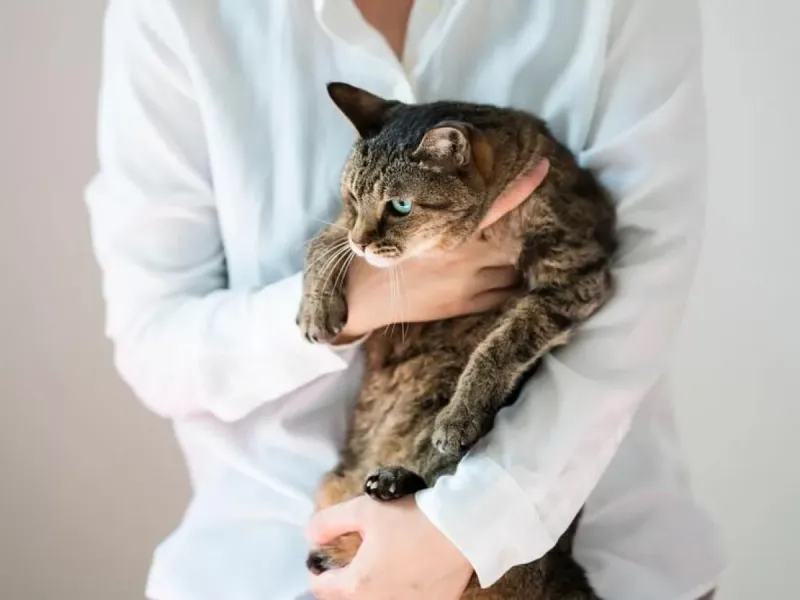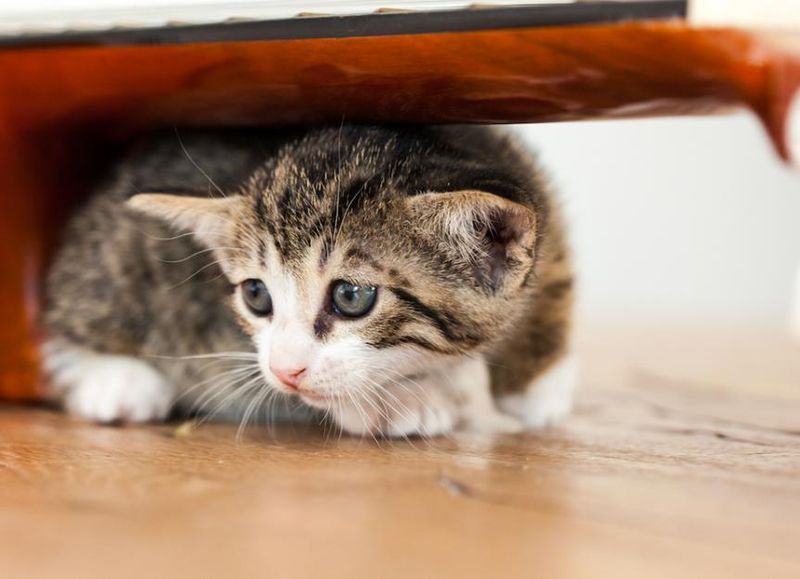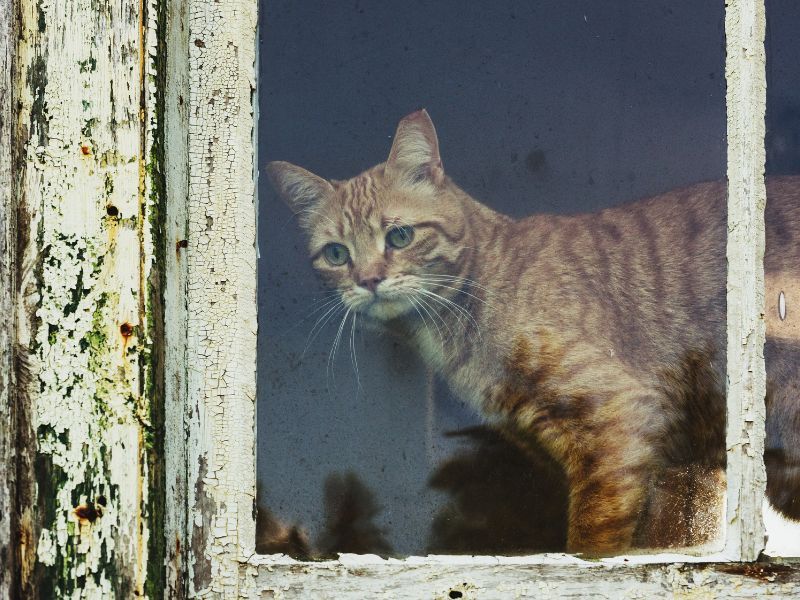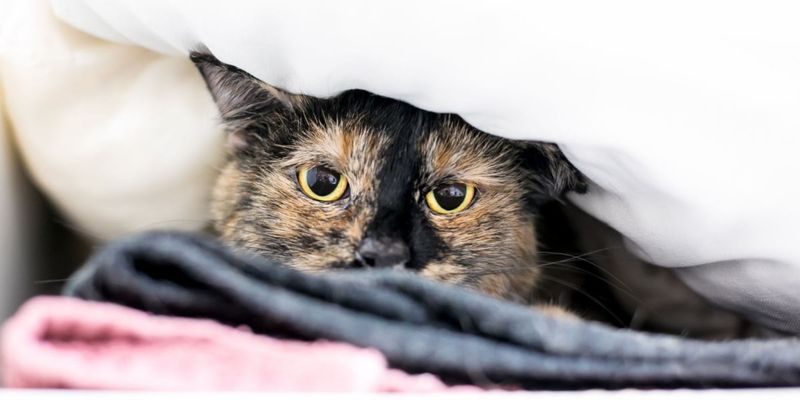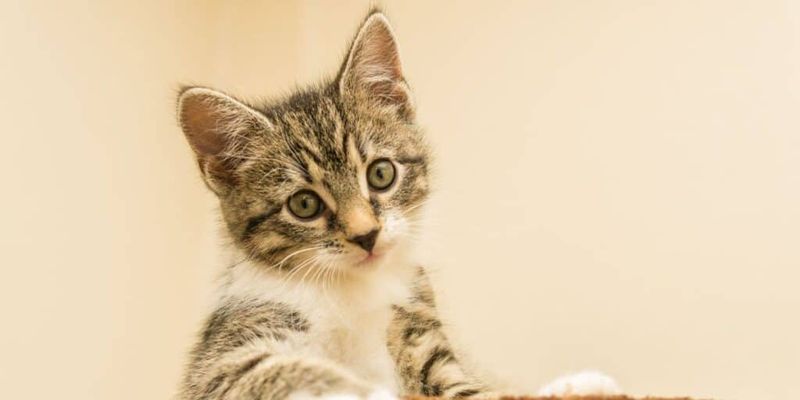📖 Table of Content:
Cats are known for their independent nature, and their discerning personalities set them apart from other pets. Unlike dogs, who greet everyone with enthusiasm, cats take a more cautious and calculated approach to their interactions. They often assess their surroundings and potential owners with a careful eye, deciding who earns their affection and who doesn’t quite make the cut.
Felines are sensitive to energy, and certain behaviors can immediately send them into retreat. Loud noises, erratic movements, or even overzealous attention can cause them to become wary or distant. Their sharp instincts allow them to sense when something feels off, which is why they tend to avoid certain types of people whose energy doesn’t match their own.
Though some may view a cat’s avoidance as aloofness or stubbornness, it’s actually a form of self-protection. Cats are highly attuned to their environment and, through evolution, have developed a keen sense for identifying potential threats. Understanding the people who might be on a cat’s ‘avoidance’ list can help create a better, more harmonious bond between humans and their feline companions.
1. The Helicopter Pet Parent
Constant hovering makes cats hit the escape button faster than a squirrel spotting a dog. These owners can’t resist checking on their cat every five minutes, rearranging their sleeping spot, or interrupting important cat business like bird-watching.
Cats need their space – it’s hardwired into their independent nature. The endless attention feels like an invasion of privacy in the feline world.
Even well-meaning helicopter parents don’t realize their loving suffocation pushes cats away. Our whiskered friends prefer relationships built on mutual respect and appropriate distance, not 24/7 surveillance and forced cuddle sessions.
2. The Inconsistent Schedule Keeper
Routine-loving felines can’t stand people who feed them at random times. Monday breakfast at 7 AM, Tuesday at noon, and weekend feedings whenever they remember? Pure chaos in cat logic.
Cats thrive on predictability. Their internal clocks run with Swiss precision, and they expect their humans to respect the schedule. The stress of wondering when the next meal will arrive creates genuine anxiety.
Many cats will actively avoid bonding with schedule-disrupting owners. They’ll hide, refuse affection, or develop behavior problems as protest against the unpredictable lifestyle that contradicts their natural desire for order and security.
3. The Boundary Ignorer
Belly rubs without permission? Picking up without warning? Following into the litter box room? These boundary-crossing behaviors make cats flee faster than cucumber surprises.
Cats communicate consent through body language – dilated pupils, flattened ears, and tail flicks are their way of saying “no thanks.” Owners who miss or ignore these signals quickly land on the feline blacklist.
Respect forms the foundation of any cat relationship. The best cat parents understand that earning trust happens on the cat’s timeline, not theirs. When humans force interactions, cats rightfully employ their arsenal of avoidance tactics – from hiding to the classic cold shoulder treatment.
4. The Loud Energy Enthusiast
Booming voices, thunderous footsteps, and sudden movements send cats bolting for the nearest exit. These high-volume humans create an environment that feels perpetually threatening to sensitive feline nervous systems.
Cats evolved as both predators and prey, making them naturally jumpy around unpredictable noises and movements. Their heightened senses mean what seems normal to us feels overwhelming to them.
The constant state of alertness around energetic people exhausts cats mentally and physically. They’ll actively avoid forming bonds with owners who don’t understand volume control, preferring to seek quieter companions who respect their need for peace and predictability.
5. The Forced Socializer
Cats loathe owners who drag them to face endless streams of strangers or other pets against their will. Being passed around at parties or forced to “make friends” with every visitor ranks high on feline nightmare lists.
Unlike dogs, most cats prefer selective social circles. Their territorial nature makes new faces feel like potential threats rather than exciting opportunities for friendship.
Smart cat owners understand that socialization happens gradually and with consent. Cats form their strongest bonds with humans who act as protectors during social situations rather than instigators of unwanted interactions. Forced socialization creates lasting anxiety that damages the human-cat bond.
6. The Environmental Disruptor
Frequent furniture rearranging, constant home renovations, or weekly decor overhauls drive cats to distraction. These owners fail to understand that cats navigate by mental maps of their territory.
Cats spend hours memorizing every pathway, hiding spot, and resting place in their domain. When these landmarks suddenly change, it creates genuine disorientation and stress.
The most successful cat-human partnerships involve owners who make gradual changes and provide stable zones during periods of transition. Cats appreciate novelty in small, controlled doses – not the complete territory shake-ups that environmental disruptors seem to enjoy on a whim.
7. The Punishment-Focused Disciplinarian
Spray bottles, loud clapping, or chasing after mistakes send cats running for permanent cover. These owners don’t understand that punishment-based training destroys trust faster than anything else in the feline world.
Cats don’t connect punishment with behavior the way humans expect. Instead, they associate the negative experience with the person delivering it, creating fear rather than learning.
Successful cat companions use redirection and positive reinforcement instead. They understand that scratched furniture isn’t a moral failing but a natural behavior needing an appropriate outlet. Cats enthusiastically bond with owners who guide rather than punish – and actively avoid those who make them feel unsafe.
